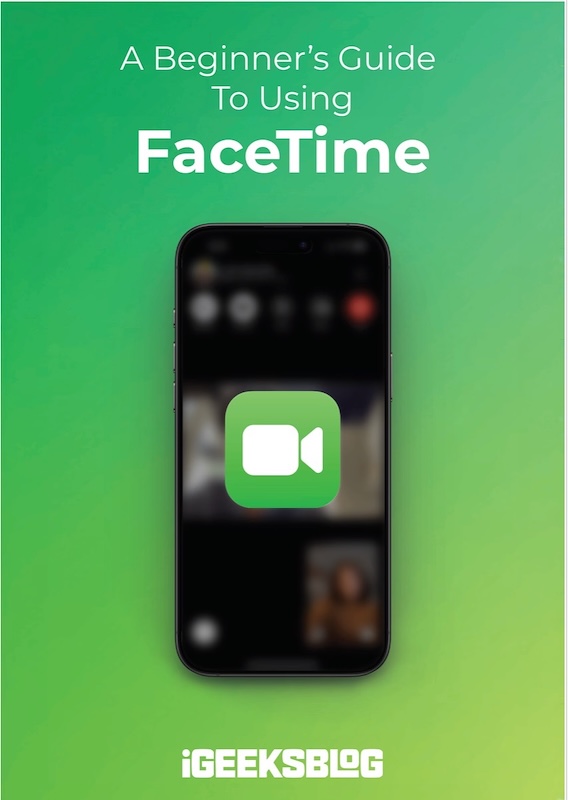
FaceTime Like a Pro
Get our exclusive Ultimate FaceTime Guide 📚 — absolutely FREE when you sign up for our newsletter below.

FaceTime Like a Pro
Get our exclusive Ultimate FaceTime Guide 📚 — absolutely FREE when you sign up for our newsletter below.
OpenAI's ChatGPT Atlas is here! A groundbreaking AI browser designed for personalized, conversational online experiences. Get the details now.
OpenAI has officially launched ChatGPT Atlas, its first AI-powered web browser, marking the company’s biggest move yet to challenge Google Chrome’s dominance. Announced during a livestream led by CEO Sam Altman, Atlas is now available globally for macOS users, with versions for Windows, iOS, and Android coming soon. The browser aims to make online search and browsing feel more conversational and intelligent, powered by ChatGPT at its core.
Altman said during the announcement that he envisions a future where “the chat experience in a web browser can be a great analog” for how people use the internet. The move signals OpenAI’s ambition to merge everyday browsing with AI-driven assistance in a more seamless way.
Atlas isn’t just another web browser with a chatbot plugin. It’s designed from the ground up around ChatGPT, integrating AI into every interaction. When you open a page, the browser automatically displays a split-screen: one side shows the webpage, and the other shows ChatGPT’s companion chat window. This setup allows you to talk to your search results, summarize articles, rewrite text, or even ask follow-up questions without leaving the page.
The browser also introduces cursor chat, a feature that lets users highlight any text, like an email or document, and instantly ask ChatGPT to tidy up, summarize, or rephrase it inline. This feature extends ChatGPT’s usefulness beyond simple search to more practical, everyday writing tasks.
One of Atlas’ standout features is memory. The browser can remember the websites you visit and the context of your past interactions to offer more personalized and context-aware answers. Users can manage or delete these memories anytime from the settings and even open incognito windows for private browsing. OpenAI says this feature makes the experience feel more like an ongoing conversation than a series of disconnected queries.
Another major addition is Agent Mode, available initially to ChatGPT Plus, Pro, and Business users. With it, ChatGPT can take actions directly in the browser, like booking flights, making reservations, or editing a document. It builds on OpenAI’s earlier experiments with agentic AI, such as the Operator and ChatGPT Agent prototypes, which allowed AI to use a computer on a user’s behalf.
Agent Mode brings those capabilities into a native browser environment, allowing for real task automation. However, as with other early AI agents (like those in Perplexity’s Comet browser), it still struggles with complex web interactions, so real-world reliability remains to be seen.
The launch of Atlas comes as AI browsers are rapidly emerging as the next battleground in the tech world. Google is integrating its Gemini assistant deeper into Chrome, aiming to let it handle routine online chores like scheduling or shopping. Microsoft has done the same with Edge, while startups like Perplexity are pushing ahead with their own AI browsers, such as Comet, which combines a search engine with an answer-focused chatbot.
Atlas, however, has one big advantage, it directly ties into ChatGPT, the world’s most widely used conversational AI system. With the sidecar chat interface, memory-based personalization, and task automation through Agent Mode, OpenAI hopes to redefine how users interact with the web itself.
You must read: Best AI Browsers You Should Try Now